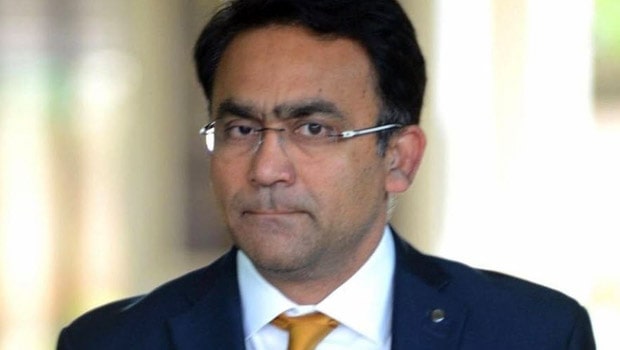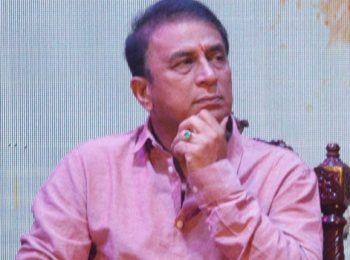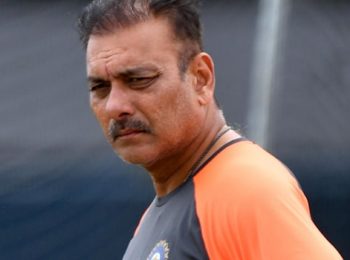Women’s cricket in the country has seen a rapid surge in popularity over the last few years. The runners-up finishes in the final of the 2017 World Cup as well as in the 2020 T20 World Cup has elevated the stature of the game in the country. India also played a Test match against England for the first time in seven years and with stars like Shafali Verma and Smriti Mandhana at the helm, things appear to be going smooth. Another pink ball Test is lined up for the Women in Blue against Australia and the Women’s T20 Challenge is held alongside the IPL playoffs every year.
However, former BCCI general manager for cricket operations Saba Karim believes that BCCI should be more professional in their administration of women’s cricket and should not have the same approach as they do with the men’s game.
“It is a good start, but there needs to be a solid plan, a plan different to that for the boys and men, for things to move forward and for us to build on it,” Karim said in a chat with ESPNcricinfo. “I feel the way to go forward is to make it much more professional, and growth of women’s cricket has to be different from boys’ cricket, and the planning has to be different. One has to have a different plan, a constructive plan, with lots of outreach programmes.”
Despite the presence of stars like Mithali Raj, Jhulan Goswami, Harmanpreet Kaur, Smriti Mandhana, Shafali Verma, women’s sport is plagued by several issues and the journey from playing cricket as a girl to making it as a professional is very difficult. A proper system needs to be put into place in order to achieve that.
“In India, we don’t have many girls who come and play, even now. One has to ensure that their passage from entering the system to the time they exit is without obstacles,” he said. “For instance, for a boy to walk two kilometres to play cricket, or to go to school, is easy. But it’s not for a girl. So how do we remove that? How do we make it more accessible?”
Saba Karim is often in touch with NCA director Rahul Dravid and they had come up with a comprehensive plan in order to try and elevate women’s cricket in the country. Karim’s plan also focused on the grass-roots stage and included collaborations with state associations.
“Outreach programmes with Tier-2 and Tier-3 towns, schools, those were in the pipelines. The Women’s IPL [in discussions for a while now but yet to become a reality] is at the highest level, and that we can have. But for it to be successful, we need a stronger domestic circuit, a better structure,” Karim concludes.




























